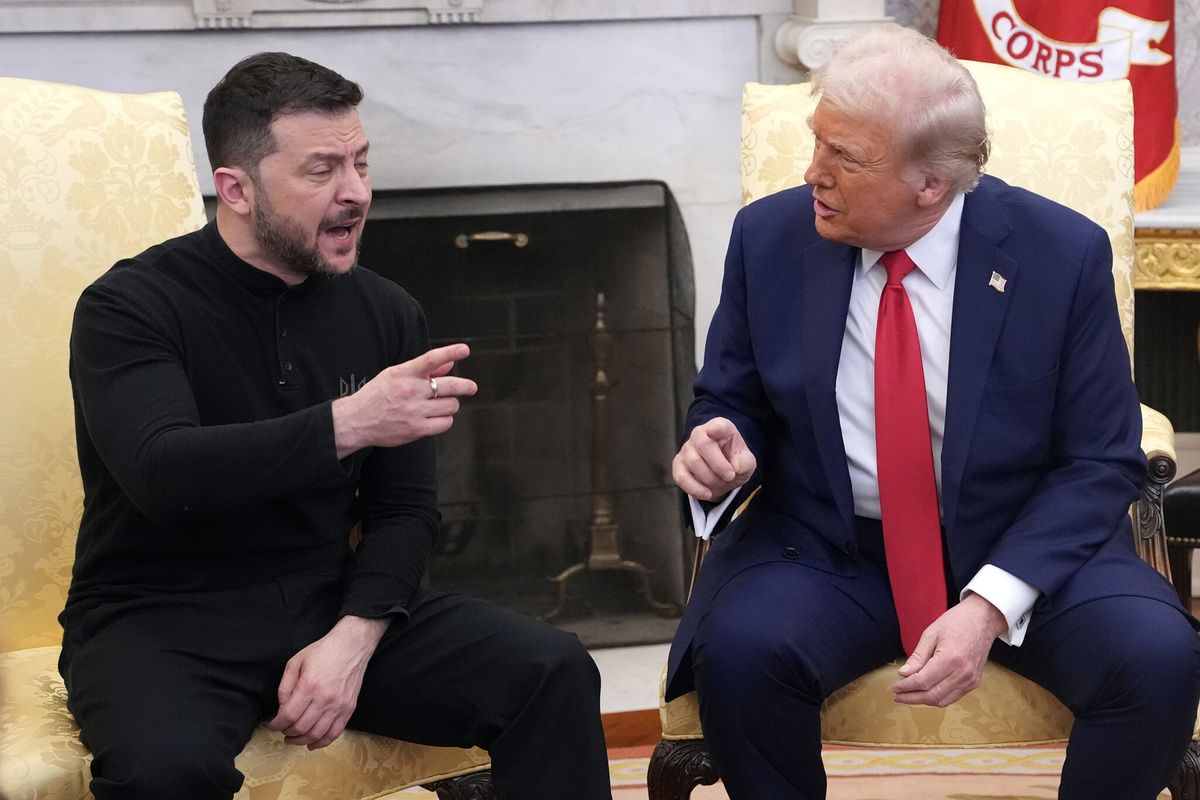The Russians hack the United States’ systems “all the time,” Director of National Intelligence James Clapper told a conference of intelligence professionals on Wednesday. He also tackled concerns about the upcoming presidential transition and major threats facing the United States such as terrorism, climate change, and widespread global instability.
During his speech at the Intelligence & National Security Summit in Washington, D.C., Clapper touched on the spate of hacks targeting the Democratic Party in the run-up to this November’s election. Clapper quoted President Barack Obama saying that “experts have attributed this to the Russians,” but added that he would not get ahead of the president on the issue, particularly while an investigation is ongoing.
“The Russians hack our systems all the time, not just government but also corporate and personal systems,” Clapper said.
Putin has denied that Moscow is connected to the cyberattacks.
"I don't know anything about it, and on a state level Russia has never done this," Putin told Bloomberg News in an interview last week, saying that it does not matter who was behind the intrusions. “The important thing is the content that was given to the public."
Clapper told the conference that “the Chinese and others, including non-state actors,” also frequently hack U.S. systems. Cyberattacks on campaigns go back more than one election cycle, he added.
“The point is, cyber will continue to be a huge problem for the next presidential administration,” he said.
Clapper spent much of his address discussing the upcoming presidential transition. There has been a “lot of catastrophizing” about this campaign and the cycle has been “sportier” than usual, Clapper said. But, he told the crowd, he was “here with a message: it’ll be okay.”
Any presidential transition is a volatile time, Clapper noted. He said he had recently met with the transition teams for both Democratic nominee Hillary Clinton and Republican nominee Donald Trump, and was impressed by how “sober and professional and courteous and civil the conversation was.”
For the classified briefings provided the candidates, he pointed out, the team who conducts them does not coordinate with the White House, and only intelligence employees — not political appointees — give them. The topics discussed and questions asked by the two candidates will remain confidential, Clapper said, in the interests of their campaigns as well as the fact others around the world would want to be privy to candidates’ national security and intelligence concerns.
The United States is currently facing the “most complex and diverse” array of global threats he has seen in his long career, Clapper said, from unpredictable instability around the world to climate change to terrorism.
“Climate is going to be an underpinning for a lot of national security issues,” he noted, as population centers compete for ever-diminishing food and water resources.
Meanwhile, he told attendees at the conference, the intelligence community (IC) “represents a pillar of stability” in national security. But there are a number of questions the IC must face as it works through the myriad of threats on the global scene, Clapper said, particularly concerning the impact of technological change.
“It’s difficult to predict how technology will affect national security,” the director said. Still, he noted that “I don’t think we’ll ever see a lessening of the need for human intelligence collection.”
Artificial intelligence is “another tool for us, and we will have to adjust both in terms of others who employ” it as well as how the United States will use it for intelligence work, according to Clapper.
While the DNI praised the intelligence community as “better” and “more capable” today than in the past, he said he had some concerns about how both human and financial resources are being allocated. “We do expend a great deal of resources” on counterterrorism, Clapper told the crowd. “That concerns me.”
It is the “non-top targets that have a habit of biting you,” he said.
As for the current focus on the ISIS threat, Clapper said that even after the terrorist group is eventually subdued, he expects the United States will be in a “perpetual state of suppression for some time to come” with other extremist groups.
Mackenzie Weinger is a national security reporter at The Cipher Brief.












